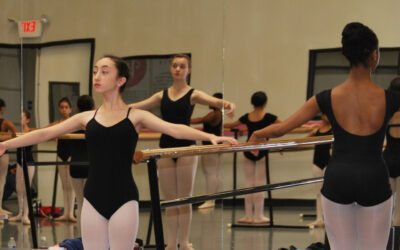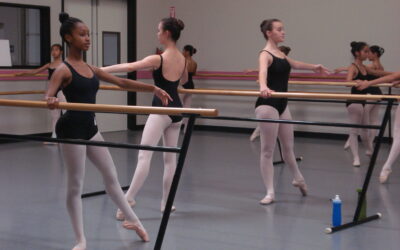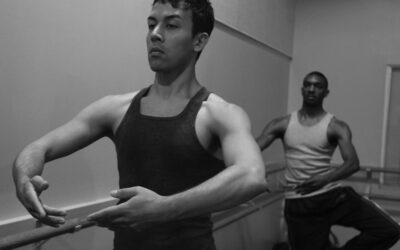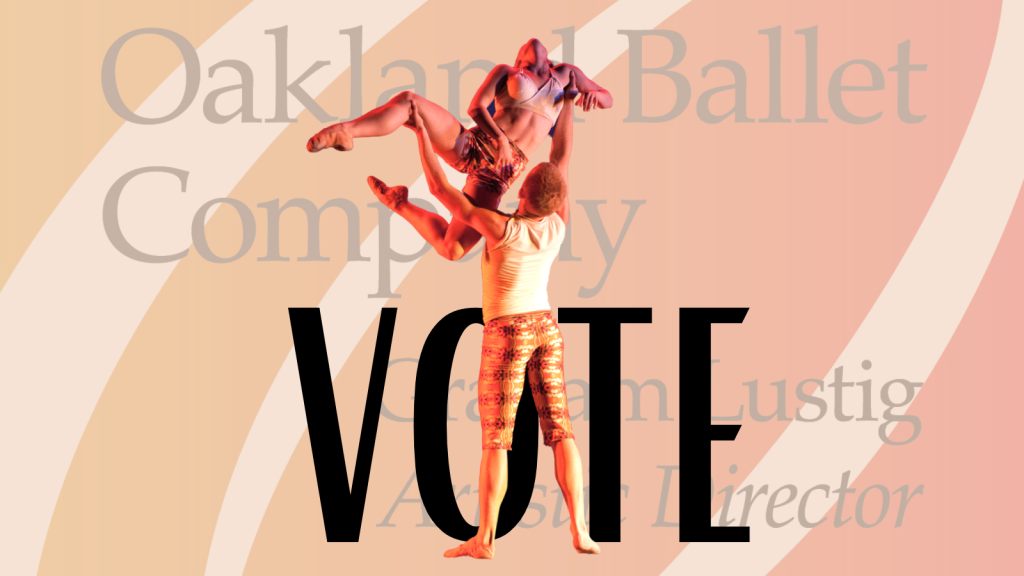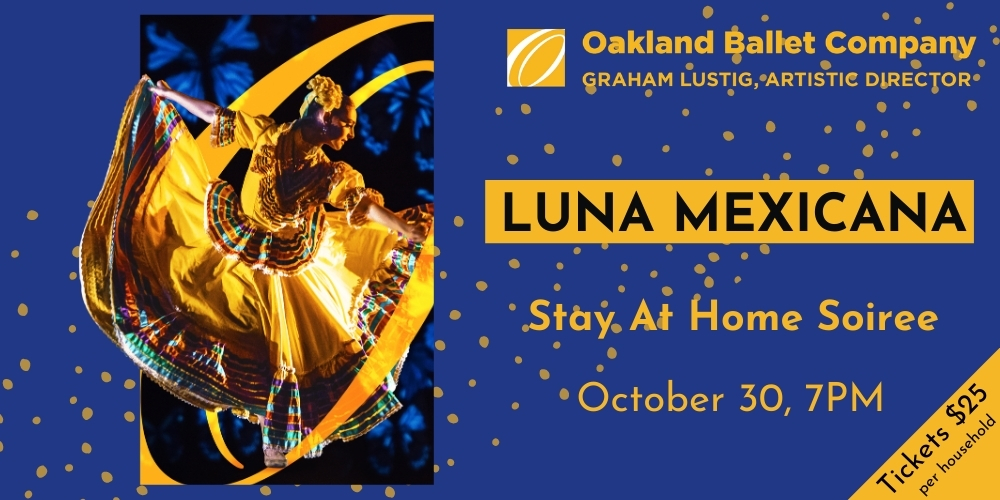
Four of OBC’s dancers, Ashley Thopiah, Lawrence Chen, Marianne Bassing, and Skylar Burson, offer up their best advice.
What is the best advice anyone ever gave you about Auditions?
Marianne: You will never be the best in the room. You might have the highest legs, or maybe can do the most turns, but you won’t be the best overall. Even if you are amazing, you might not be what they are looking for. Maybe you’re blonde, and they’re looking for a brunette, or maybe you’re 5′ 3″ and they need someone who is 5′ 6″, there is nothing you can do about that. So, don’t pay attention to everyone else, do what you’re good at and have fun.
Skylar: The best audition advice I have ever received is to do what you know and keep an open mind.
What is your strategy for dealing with rejection?
Ashley: I like to view rejection as potential for better possibilities. Everywhere that I’ve landed in my dance career was preceded by a slew of rejections. Sometimes it’s hard to view rejection as an opportunity, but I’ve found having that mindset can help me to keep pushing forward.
Marianne: This is never easy. The best thing I tell myself is that, if they weren’t looking for someone like me, there was nothing I could have done to change their minds. I try to do my best in every audition I go to, so I can know that I gave it my all.
Skylar: I’ve always seen rejection as a blessing in disguise. I see it as a learning tool; say thank you and use it as fuel to burn your fire.
How do you deal with stress?
Ashley: Something that helps me mitigate the stress of being a dancer is having outlets for pent up anxiety. I oscillate between art journaling, listening to music without any pressure to dance to it, and long walks to clear my head. I also prioritize doing nothing from time to time, and I have a strong support system with my friends and family.
Lawrence: Interestingly enough, dance is how I deal with my stress. Even now, dance has been a secondary part of my life due to school, and now this pandemic. Dance has, for as long as I have known it, been my stress relief from the rest of my life. The rush from the physical intensity and the connection to others is enough to bring me out of any mental slump I’m in.Of course, stress can be caused by dance too. Most of the time it’s from some part of a piece (or me) not working as well as I’d like, so solving problems I encounter in dance is my way of dealing with the stress caused by it. The relief of finding a solution also relieves the stress caused by the initial problem.
Marianne: I try to take some time every day to do something just for me. I really like cooking and baking, so sometimes, it’s just taking time to make dinner. Or playing with my dog. There is a lot going on, especially right now, and I just try to find a few minutes a day for me.
Skylar: When dealing with stress instead of worrying about the past or future, I think about being fully present in the moment and what needs to be accomplished.
How do you stay mentally strong while recovering from an injury?
Ashley: When recovering from an injury, it’s important to remember that rest is the only way forward. Sometimes as dancers it’s easy to think that pushing through the pain is the only way. Progress is not linear, and neither is healing. This mindset can drastically change how one deals with injury.
Lawrence: It’s very easy to feel like you have no value as an injured dancer, but thankfully most things (even severe injuries) can be recovered from with enough care and time! I actually let those initial worrisome thoughts run through my mind for a couple of days, then I do my best to turn my mentality around and work (or rest) to recovery. I’ve found that it helps to accept those negative thoughts instead of holding them in the back of my mind and letting them manifest doubt in other parts of my life.My motivation to recover is knowing how much I want to dance and perform again. I actively think about how to address the cause of the injury and what I can do to to prevent the same injury from reoccurring.
Marianne: Staying mentally strong during an injury is definitely not a constant state. As recovery is an up and down state, so is mental status. In general, I have found setting short-term and long-term goals to be effective. Obviously, the long-term goal is to get back to work, pain free. But that can seem like an overarching and un-acheivable goal at times. So setting short-term goals, such as, “be in class three times a week,” or, “increase how much I am able to do in class.” is good for the psyche. It is inevitable to falter during recovery, and end up feeling lost and down. Usually, I have my co-workers to rely on to lift me up during those times. Usually I’m in company class, or watching rehearsals, maybe even marking some things in the back, and having my spirits lifted during that. Unfortunately that hasn’t been possible this time around, and on days where I’ve been feeling “low,” it’s been challenging. I have been fortunate to have found an online ballet class program offered daily that I connect with to try to feel a sense of community. What I have learned is that recovery takes an entire team, and without a team, you can feel like you’re drowning at times. So, finding your support team is imperative, and even on days where you feel tired, you just have to push through.
Skylar: I stay mentally strong during a recovery period by having a goal in mind. I start little and progressively raise the stakes as I conquer each achievement until I’m back on my feet.


